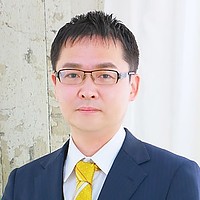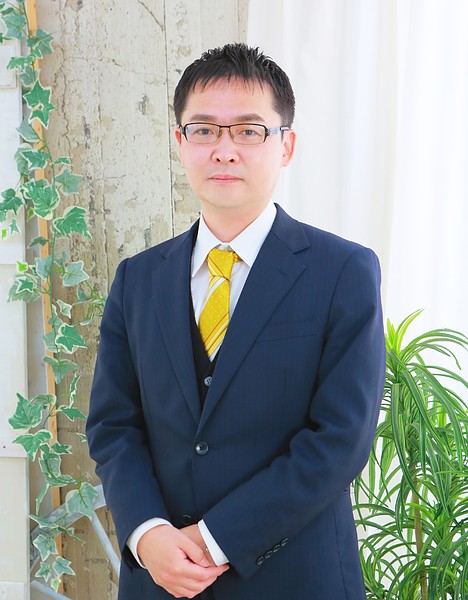特許表示の意味について
こんにちは、弁理士の福島です。
今回は、弊所の実績をスタッフ(I)からご紹介します。
業種
□建設業・製造業
□卸売業・小売業
■サービス業
規模
■小規模(従業員数5人以下)
□中規模(従業員数6人以上、50人以下)
□大規模(従業員数51人以上)
相談分野
■特許・実用新案・意匠
□商標
□著作権・不正競争防止
□補助金
1.相談の内容
米国特許出願の拒絶理由通知について相談を受けました。
2.解決策
拒絶理由通知を翻訳し、米国特許法103条について検討をしました。
これは、審査基準の要件の中の非自明性に当てはまります。
特許庁HPより抜粋
https://www.jpo.go.jp/system/laws/gaikoku/document/mokuji/usa-tokkyo.pdf
アメリカ 特許法 第103条
特許要件:自明でない主題
クレームされた発明についての特許は,クレームされた発明が第102条に規定されているのと同じ方法で開示されていない場合であっても,クレームされた発明と先行技術との間の差異が,クレームされた発明が全体として,クレームされた発明の有効出願日前に,クレームされた発明に係る技術において通常の技倆を有する者にとって自明であると思われる場合には,取得することができない。特許性は,その発明がされたときの態様によっては否定されないものとする。
日本 特許法 第29条
(特許の要件)
第二十九条 2 特許出願前にその発明の属する技術の分野における通常の知識を有する者が前項各号に掲げる発明に基いて容易に発明をすることができたときは、その発明については、同項の規定にかかわらず、特許を受けることができない。
さらに、グラハム判決やKSR判決を加味して、審査官の提案通り、対応することにしました。
3.結論
103条は発明が新規であるだけでなく、当業者にとって非自明であることを要求しています。つまり、その発明が既知の技術から容易に導きされるものであれば、特許を受けることができません。注意事項を理解し、適切に対応することで問題を解決することができます。外国からの拒絶理由通知にお困りの方は、是非弊所にご相談ください。
翻訳
Notice of Reason for Refusal U.S. Patent Law Section 103
1. Content of the consultation
I was consulted about the notice of rejection of a US patent application.
2. Solution
I translated the notice of rejection and considered Section 103 of the US Patent Law.
This falls under the non-obviousness requirement of the examination guidelines.
Extract from the Japan Patent Office website
https://www.jpo.go.jp/system/laws/gaikoku/document/mokuji/usa-tokkyo.pdf
US Patent Law Section 103
Patentability Requirements: Non-obvious Subject Matter
A patent for a claimed invention may not be obtained if the differences between the claimed invention and the prior art are such that the claimed invention as a whole would have been obvious to a person of ordinary skill in the art to which the claimed invention pertains prior to the effective filing date of the claimed invention, even if the claimed invention is not disclosed in the same manner as provided for in Section 102. Patentability shall not be denied by the manner in which the invention was made.
Japan Patent Law Article 29
(Requirements for Patents)
Article 29 2. If a person with ordinary knowledge in the technical field to which the invention belongs could easily make an invention based on any of the items in the preceding paragraph before the patent application is filed, the invention cannot be patented, notwithstanding the provisions of the same paragraph.
Furthermore, taking into account the Graham and KSR decisions, we have decided to respond as proposed by the examiner.
3. Conclusion
Article 103 requires that an invention is not only new, but also non-obvious to a person skilled in the art. In other words, if the invention is easily derived from known technology, it cannot be patented. By understanding the points to note and responding appropriately, you can solve the problem. If you are having trouble with a notice of refusal from a foreign country, please feel free to contact us.







